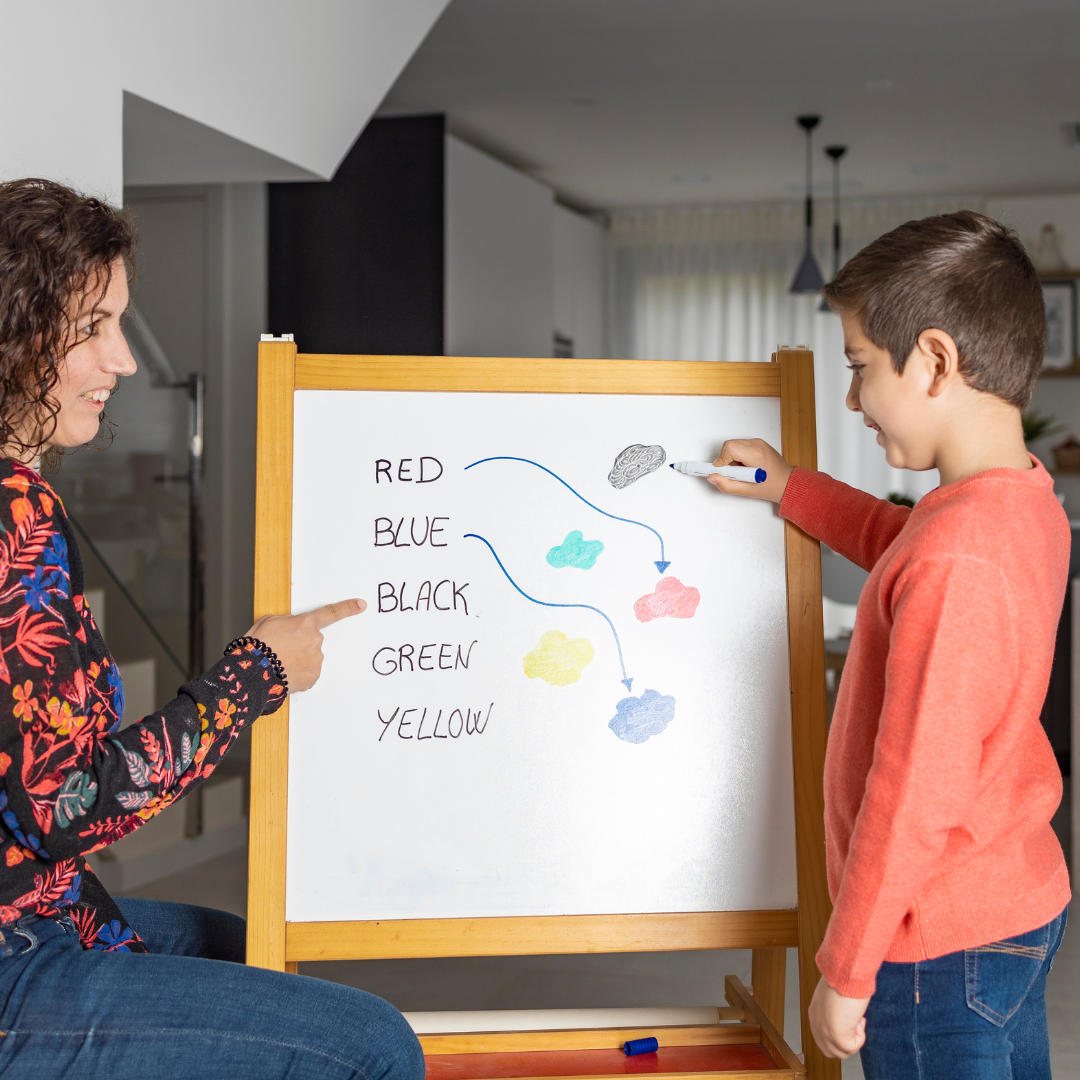The Science of Kindness: How Positive Role Modelling Shapes Young Lives
The Science of Kindness: How Positive Role Modelling Shapes Young Lives
Hi my name is Sarah Cunningham and I’m an Assistant Head at Lea Forest Academy. For the past 16 years, I’ve had the privilege of working alongside incredible pupils and staff. In my roles as PSHE leader and Deputy SENDCo, I’ve seen first-hand the significant impact of mental health on young leaners. This experience inspired me to pursue an MSc in Psychology at Northumbria University 4 years ago. I’m excited to share my knowledge and experiences though this blog and I hope I can provide some practical tips to help you create a supportive and nurturing environment for all.
Imagine a classroom where students feel safe, valued, and understood. A classroom where they can express their emotions freely and learn to manage them effectively. This is the kind of learning environment we can create by prioritising emotional intelligence and positive role modelling.
My deep fascination with human potential and well-being, coupled with a desire to make a positive impact on people's lives, drove me to return to academia. As a mature student with 16 years of teaching experience, I found my MSc in Psychology to be a truly enriching experience. For instance, the practical nature of my teaching and leadership roles allowed me to immediately apply theoretical knowledge to real-world situations. This was incredibly motivating and rewarding, and it gave me the enthusiasm I needed to start this new chapter with my youngest now in primary school.
My own experiences as a teacher and student have reinforced the significance of role modelling in shaping young minds. Yet, amidst the demands of leadership, planning, marking, and numerous other responsibilities, it can be challenging to maintain clarity and focus. Studying again reminded me that the simple action of "good role modelling" is research-based, rooted in the famous psychologist Bandura's Social Learning Theory.
Intriguingly, I learned about a recent discovery of mirror neurons in macaque monkeys. Mirror neurons are a type of brain cell that fires both when an animal performs an action and when the animal observes the same action performed by another. In essence, they allow us to "mirror" the actions of others.
This discovery shines a new light on Bandura’s theory, revealing the potential impact of simply watching and copying others. This emphasises the importance of positive role models in shaping behaviour and this understanding encouraged me to actively become more intentional in promoting positive behaviours and positive mental health in my school.
For instance, greeting students warmly, using kind language, listening to children, resolving conflicts peacefully and encouraging older students to support younger children. These simple actions, informed by psychological insights, have a significant impact on our students' well-being and learning. They can make a lasting and positive impact on children, without actually taking too much time.
Studying psychology has deepened my understanding of humans as inherently emotional beings. While setting healthy boundaries is crucial for children's mental health, acknowledging and validating children’s emotions, and teaching students to manage them effectively is equally important. As teachers, we often juggle heavy workloads, but prioritising emotional education is essential. Research from neuroscience suggests that naming emotions can help children regulate their behaviour. By teaching children to identify and label their emotions, we empower them to respond healthily to challenges. By modelling these skills ourselves, we can further amplify their impact on our students.
Ultimately, emotionally regulated children are better equipped to focus, learn, and thrive as countless studies have shown strong correlations between positive mental health and academic success.
I’m passionate about understanding human behaviour and making a positive impact on people’s lives and by prioritising emotional intelligence and positive role modelling, we can create a more compassionate and supportive learning environment for pupils. Efforts in these areas will not only lead to improved academic performance, but it will lead to improved social skills and resilience, empowering pupils to thrive in all aspects of their lives.
Further reading
Click Here Northumbria distance Learning
Alberts, J. (2015). Alan M. Slater and Paul C. Quinn (eds.): Developmental Psychology: Revisiting the Classic Studies: Sage, Thousand Oaks, CA, 2012, 240 pp, ISBN: 9780857027580.
Bas, G. (2021). Relation between student mental health and academic achievement revisited: A meta- analysis. In Health and academic achievement-new findings. IntechOpen.
Gloria, C. T., & Steinhardt, M. A. (2016). Relationships among positive emotions, coping, resilience and mental health. Stress and health, 32(2), 145-156.
Heyes, C. (2010). Where do mirror neurons come from?. Neuroscience & Biobehavioral Reviews, 34(4), 575-583.
Torre, J. B., & Lieberman, M. D. (2018). Putting feelings into words: Affect labeling as implicit emotion regulation. Emotion Review, 10(2), 116-124.




